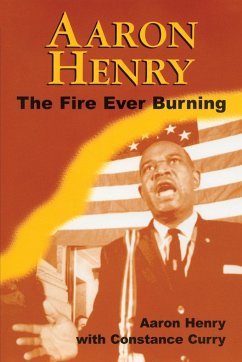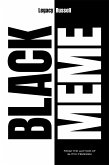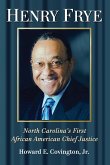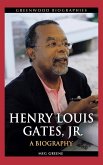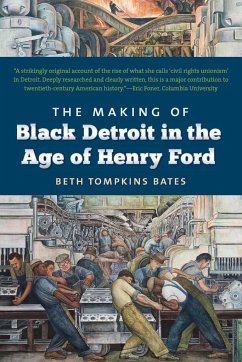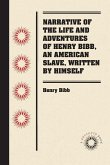This book reveals why Aaron Henry (1922-1997) should be acknowledged, in the ranks of Fannie Lou Hamer and Medgar Evers, as a truly influential crusader. Long before many of his contemporaries, he was a civil rights activist, but he preferred to stay out of the limelight. A certified pharmacist and owner of Fourth Street Drug Store in Clarksdale, he considered himself a down-home businessman who must not leave Mississippi. Although he was a key figure in bringing Head Start, housing, employment, and health service to his state, his tact and his quiet diplomacy garnered him less attention than more radical protesters received. He became state president of the NAACP in 1959 and was able, more than any previous leader, to unite Mississippi blacks, despite diversities of age, ideology, and class, in confronting white supremacy. He spearheaded the formation of the Mississippi Freedom Democratic Party and the Council of Federated Organizations (COFO). Some activists criticized him for urging protesters to take the middle ground between the NAACP's conservative position and SNCC's militant activism. Facing recurring death threats, thirty-three jailings, and Klan bombings of his home and drugstore, Henry remained stalwart and courageous. Constance Curry has shaped this personal narrative of a brave and underacknowledged man who helped change his state forever. To his candid story, transcribed from interviews Henry gave two young historians in 1965, Curry adds new material from her own interviews with his family, friends, and political associates. Henry's prophetic voice documents a momentous period in African American history that extends from the Great Depression through the civil rights movement in the pivotal 1960s.
Hinweis: Dieser Artikel kann nur an eine deutsche Lieferadresse ausgeliefert werden.
Hinweis: Dieser Artikel kann nur an eine deutsche Lieferadresse ausgeliefert werden.

